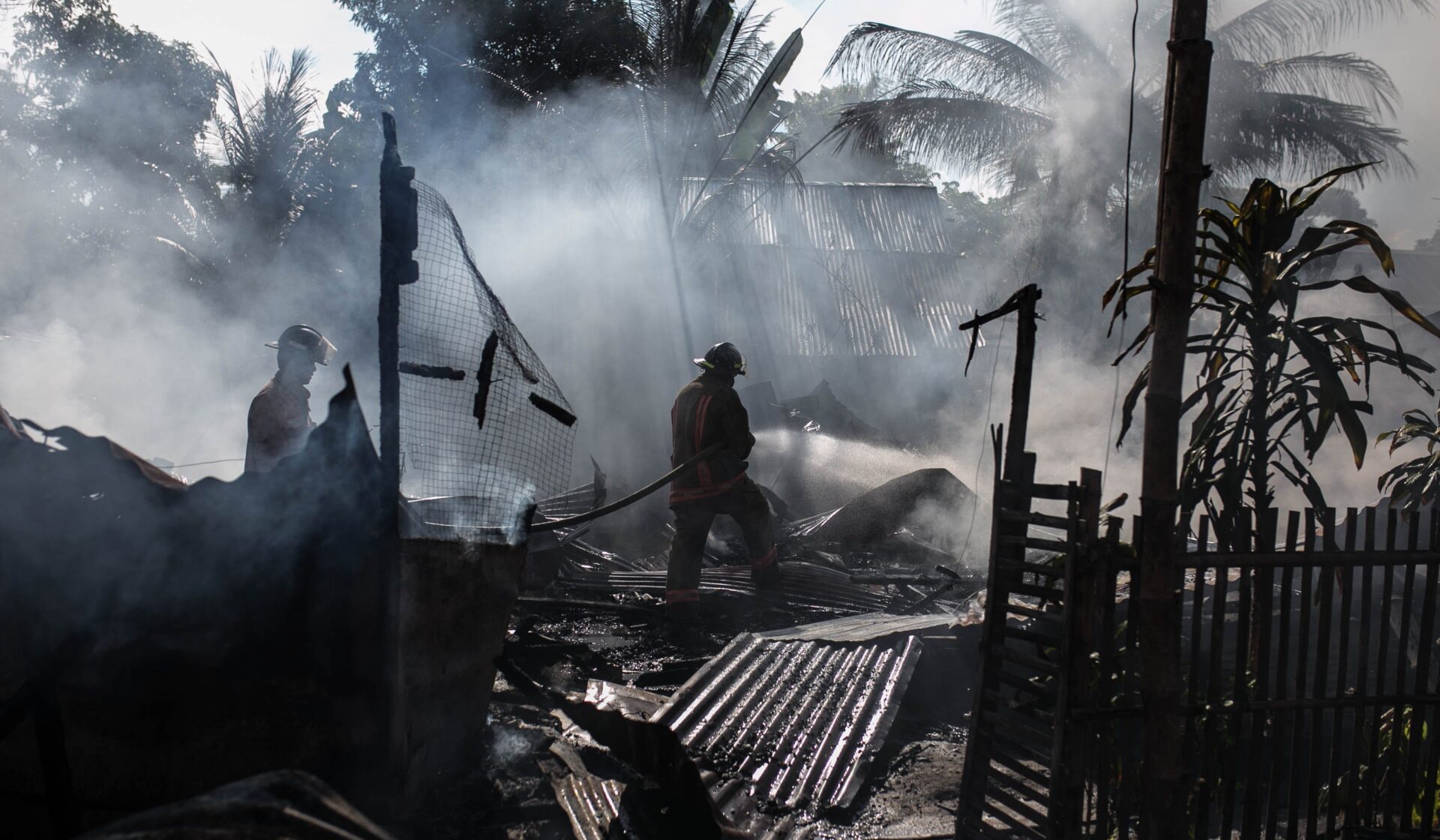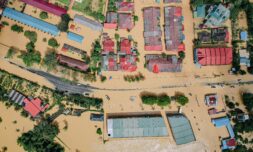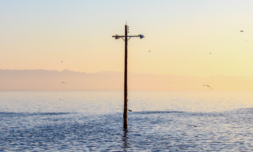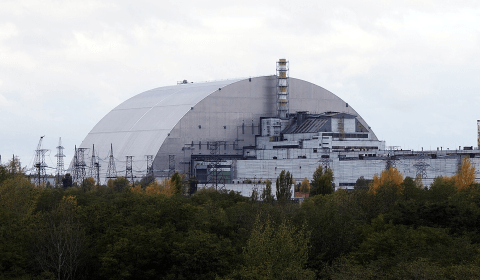An analysis of this year’s top 20 costliest extreme natural disasters has revealed that countries less able to rebuild or which have contributed least to the climate crisis suffer the worst.
According to Christian Aid, there exists a ‘global postcode lottery stacked against the poor.’
This refers to the price that people pay for climate change-induced natural disasters, which varies dramatically across countries.
By looking at 20 extreme weather events from the last 12 months, the charity uncovered that the cost per capita of each crisis can range hugely depending on where it happened from more than $4,000 per person (due to a wildfire in Hawaii) to $9 per person (due to flooding in Peru).
The research – which specifically examined 14 developing regions hit by natural disasters exacerbated by environmental breakdown during this year – found the highest per capita cost was the wildfires in Hawaii in August ($4,161), which far outstrips the second costliest, which was Guam’s storms in May ($1,142).
As it states, the countries that can least afford to rebuild or which have contributed least to the ecological emergency by burning fewer fossil fuels than wealthy nations are suffering the worst.
It highlights that countries with weaker infrastructure and flimsier homes face larger costs as their inhabited areas are more easily destroyed.
Additionally, in the countries with the highest costs, many are employed in agriculture, which is vulnerable to extreme weather and means the government is less likely to invest in prevention.
‘In poorer countries, people are often less prepared for climate-related disasters and have fewer resources with which to bounce back,’ says Patrick Watt, chief executive of Christian Aid.




















